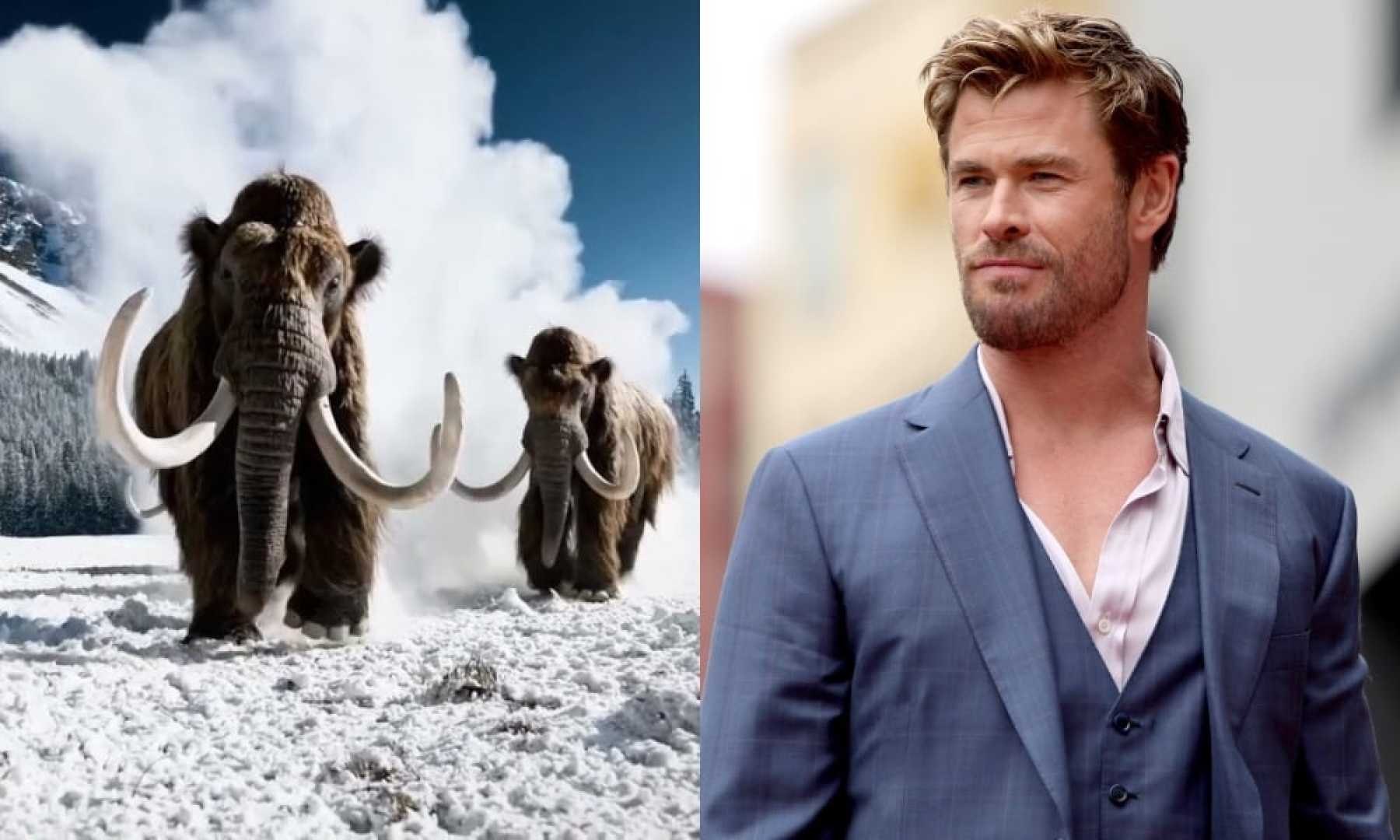News
Biotech Firm Aims to Revive Extinct Species with Celebrity Backing

A recent breakthrough in gene-editing technology might make it possible to resurrect extinct species such as the dodo, woolly mammoth, and Tasmanian tiger by 2028. Colossal Biosciences, a biotech startup based in Texas, is spearheading this ambitious project, garnering the support and investment of Hollywood actor Chris Hemsworth, socialite Paris Hilton, and motivational speaker Tony Robbins, among others.
The mission involves identifying and replicating the core genes of extinct animals by using the DNA of their closest living relatives. Colossal Biosciences has already raised $235 million to fund this project, demonstrating significant support despite its high-tech challenges and ethical implications.
Ben Lamm, CEO of Colossal Biosciences, emphasized the project’s feasibility, stating, “We are pursuing them all at the same rate.” According to Lamm, the woolly mammoth could see a comeback around 2028, even though its 22-month gestation period presents unique challenges. “Given the other species have much shorter gestation, it is highly likely that we will see another species before the mammoth,” Lamm noted.
The Tasmanian tiger, declared extinct in 1982, and the dodo, which disappeared in the 17th century, may return sooner due to their shorter gestation periods. Despite speculation, Lamm remains tight-lipped about which species will make a return first but asserts a significant development is expected before 2028.
Colossal Biosciences was established in 2021 by Lamm and Harvard geneticist George Church. The initiative extends beyond de-extinction efforts, focusing on conservation initiatives through the newly launched Colossal Foundation. The foundation targets the preservation of species such as the vaquita, northern white rhino, and pink pigeon.
“People love to talk about the de-extinction work that we do around the mammoth, the thylacine, and the dodo, but we also do a lot of conservation and species preservation work,” Lamm explained. With an additional $50 million in funding, the foundation aims to develop innovative technologies to assist in global conservation efforts.
As the science advances, Colossal Biosciences continues to explore the genetic ties between extinct species and their living counterparts. For instance, the Asian elephant, sharing 99.5% of its genes with the woolly mammoth, serves as a crucial subject in these genetic experiments. Meanwhile, the dodo’s relative is identified as the Nicobar pigeon, and the Tasmanian tiger is closely linked to the fat-tailed dunnart, a small marsupial.












